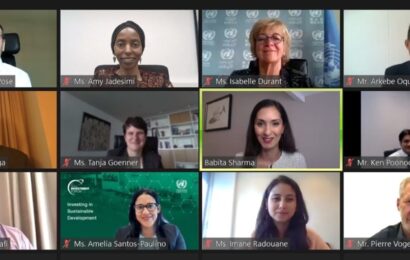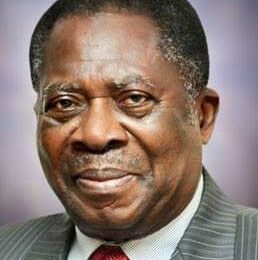Nigeria needs a lot more power and must invest in on-and-off-grid power solutions to meet the needs of the economy.
These were the views of stakeholders and industry experts at the 8th edition of PwC’s Annual Power and Utilities Roundtable which held in Lagos on Thursday, 30 November, 2017.
The event which is part of PwC’s contribution to the on-going reforms in the Nigerian power sector, brought together key stakeholders in the power sector to discuss the current industry dynamics with the aim of charting a pathway to recovery.
The theme of this years’ roundtable was “The Pathway to Recovery” and had in attendance stakeholders across the Power value chain in Nigeria, including policy makers, regulators, operators, financiers and consumers. The keynote address was delivered by Mr Olawale Oluwo, Honourable Commissioner for Energy and Mineral Resources, Lagos State.
The Panel session was moderated by Pedro Omontuemhen, Partner and Power Sector leader, PwC Nigeria and had as discussants, Mrs Funke Osibudu, MD Benin Distribution Company, Mr Amechi Aloke, Project Manager Nigeria Power Sector Reform Programme at the BPE and Mr Femi Akirebiyo, Principal Investment Officer, IFC. Others were Mr Mohammed Usman, MD Transmission Company of Nigeria (TCN), Dafe Akpeneye, Commissioner (Legal and Compliance), Nigeria Electricity Regulatory Commission and Dr George Oluwande, CEO Sahara Power Group.
The PwC Point of View on driving the power sector towards stability was delivered by Messrs Ian Aruofor, Partner Deals Advisory and Energy and Power Advisory leader and Moshood Olajide, Partner Tax Advisory and Power Industry Tax leader.
Contributions and insights shared at the forum focused on specific solutions to solving the power deficit challenge in Nigeria. Some of these options included increased on-and-off grid generation, renewable energy solutions, embedded generation and enhanced transmission network capabilities.
Stakeholders also discussed structures to enable adequate financing for the multitude of initiatives and projects to help stabilize the power sector. Discussions included effectively monetizing power delivery through the power value chain via appropriately sculpted tariffs and reduction of cash leakages at distribution. The elimination of historical accumulated sector deficits and injection of new financing to relieve the liquidity crisis received substantial focus.
To ensure the recovery expected in the sector doesn’t fail, it was also the view of stakeholders that an effective recovery management framework is implemented. This would ensure effective aligning, measuring and monitoring of key stakeholders and projects / initiatives.
A statement issued by Delia Asuzu, Head Marketing & Communication,explained that “PwC Nigeria is committed to helping evolve the Nigerian power sector into self-sustainability.
“Its continued investment in workshops is focused on driving the conversations needed to ensue an era of reliable and sustainable power in the country.






